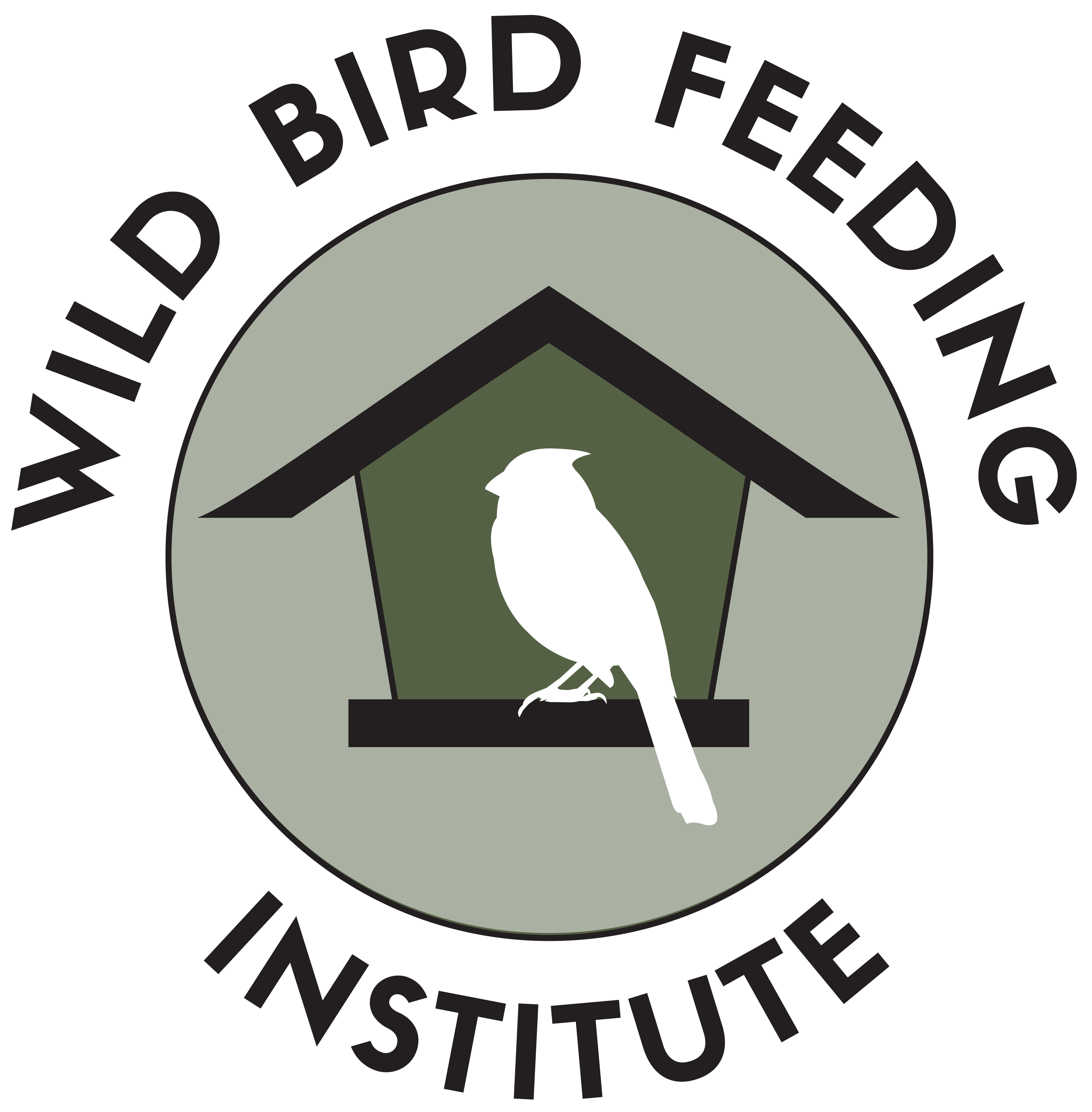2024 Avian Flu Update
In recent headlines, the threat of avian flu casts a shadow over U.S. dairy farms. Naturally, this has raised concerns about the safety of products originating from affected animals. However, health officials emphasize that the risk to public health remains low, assuring the stability and safety of the U.S. food supply.

Understanding the Situation
The strain of bird flu in question, identified as ‘Type A H5N1,’ has taken its toll on wild bird populations in recent years. Alarming as it is, this marks the first time the virus has been detected in cattle. Despite its presence in dairy cows, genetic analysis hasn't indicated any mutations facilitating human transmission, according to the U.S. Centers for Disease Control and Prevention.
Dairy farmers and health officials are responding quickly to address this situation. Infected cattle are isolated, and rigorous testing protocols are in place to ensure that only safe milk products enter the market. Farmers are diligently observing a recovery period of approximately two weeks, during which affected cows are separated from the rest of the herd.
Safety of Dairy Products
Pasteurization, a standard practice in dairy production, effectively eliminates harmful pathogens, including influenza viruses. This means that milk and dairy products available in stores are safe for consumption. Additionally, any milk from infected cows is discarded immediately to maintain the quality and safety of the dairy supply.
Health officials also point out that there is no indication of increased risk through eggs, as eggs are subject to stringent regulatory checks. Proper cooking practices further ensure that eggs are safe to eat.
What This Means for Consumers
It's normal to feel concerned when hearing about a disease outbreak- but the key message here is that public health agencies and the dairy industry are taking proactive measures to ensure your safety. The current avian flu outbreak has not significantly disrupted milk production, and the food supply remains stable.
Consumers are encouraged to continue enjoying dairy products, confident that these items are safe to consume. While raw milk always carries some inherent risks, pasteurized milk and dairy products, which are widely available, offer a safe alternative.
Stay Informed
The WBFI is committed to safeguarding the well-being of both birds and consumers. As further research and information emerge, our organization will remain vigilant and responsive. For the latest updates on avian flu in wild birds, visit our dedicated page. Additionally, explore https://www.wbfi.org/feedsmart/ for invaluable tips on preventing bird diseases at your feeders!
